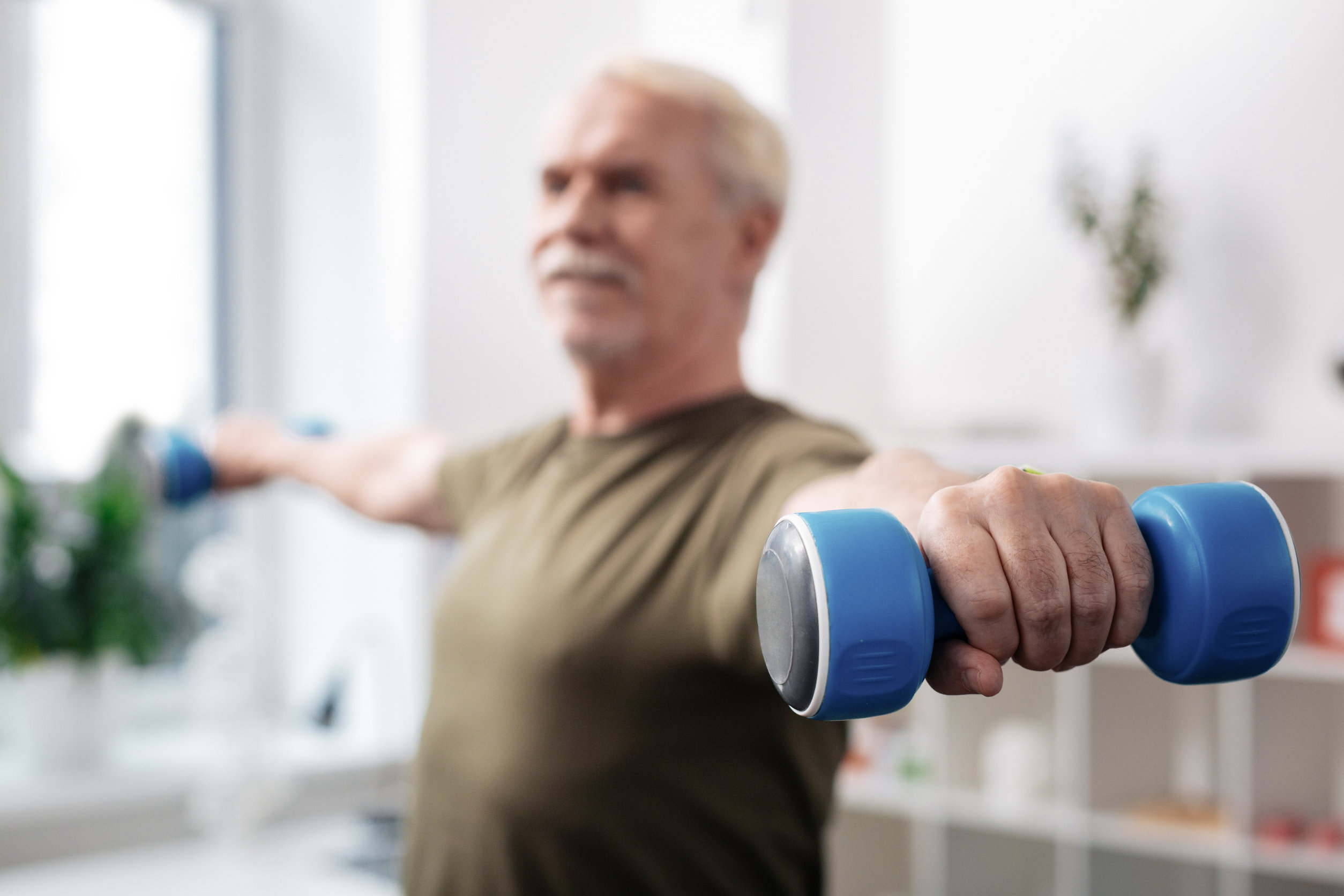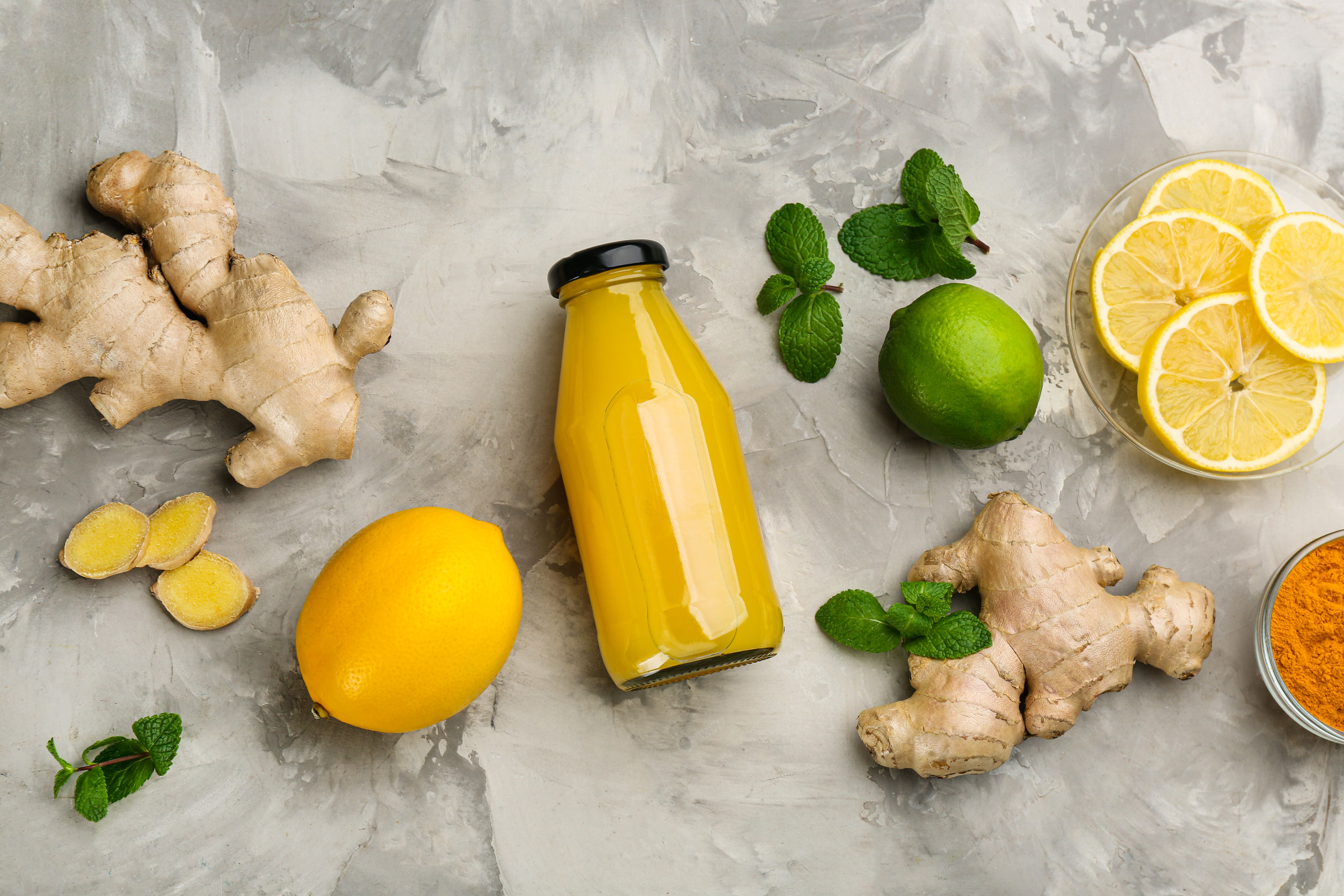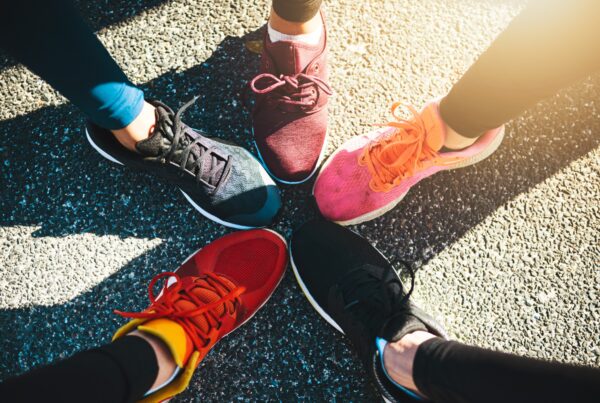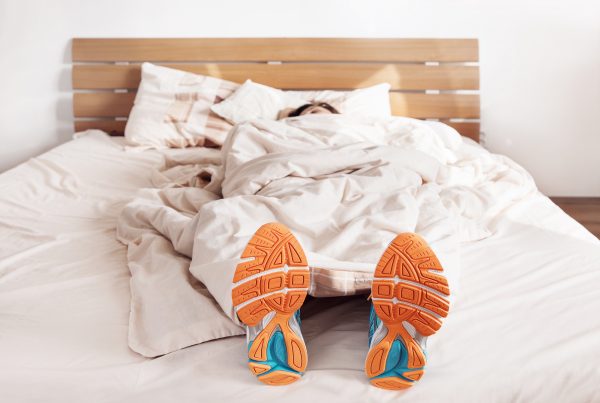”Connecticut, do you still enjoy exercise the same way you did 10 or 15 years ago? Exercise has benefits for everyone, regardless of age! It may become even more important as we age. We hope you find this helpful and motivating!
Reading time: 3 Minutes
MWi Hack:
-
It’s important to keep moving no matter how old you are. Exercise keeps your body and your brain healthy.
MWi Summary:
- Exercise matters, especially as you age, because it makes such a positive impact on health metrics like blood pressure, joint health, improved mental health and lower risk of disease.
- 150 minutes of activity/week should be the goal. Remember, you can break this up in many different ways.
- The best way to get moving is just to start: a brisk walk, ride a bike, play tennis, etc.
Why Exercise Matters
- Keep your bones, muscles, and joints healthy
- Make you less likely to have things like diabetes, colon cancer, and osteoporosis
- Lower your blood pressure
- Manage stress and improve your mood
- Ease symptoms of anxiety and depression
- Lower your chances of heart disease
- Manage chronic conditions like arthritis or diabetes by helping with things like stamina, joint swelling, pain, and muscle strength
- Help with your balance, so you’re less likely to fall and break bones
How Much Exercise?
As you get older, you may be a bit afraid of exercise. Maybe you think you might hurt yourself or that you have to join a gym. Or you may not be sure what exercises you should do.
The key isn’t how or where you get active, it’s just to start moving.
Healthy adults should aim for 150 minutes of activity that gets your heart going and your blood pumping every week. Sure, you can do that in exercise classes. But you can also get it by brisk walking. It’s also important to do movements that work all your major muscles at least 2 days a week. Also try to do flexibility exercises 2 or 3 days a week to help with your range of motion.
While 150 minutes may sound like a lot, you don’t have to do it in big chunks. You can take a 10-minute walk around the block or spend 10 minutes sweeping the porch. It all adds up.
If you’re feeling energetic, you’ll get even more health benefits if you work up to 300 minutes or more of exercise a week.
But a simple goal is to try to get 30 minutes of moderate-intensity exercise on most days. You may be able to do that some weeks and not others. Remember, it’s a goal and not a rule. Do what works for you.
How to Get Moving
There are two ways to move: exercise and physical activity.
Exercise is planned activity like aerobics classes, tai chi, spin classes, or swimming. Physical activity is the way you “sneak” movement into your day, like walking the dog or gardening. Adding both to your routine will help you stay healthy and live longer. But always check with your doctor before suddenly being more active.
You don’t need fancy clothes or equipment. To get in motion in a less formal way, you can:
- Take a brisk walk or jog
- Ride a bike
- Rake leaves or push a lawn mower
- Sweep or dust
- Play tennis
- Walk up and down stairs
- Carry groceries
You should start to feel stronger and have more energy in just a few weeks. Then if you decide you’re up to it, you can go to the gym or community center and take water aerobics or dance classes or strength-training exercises.






